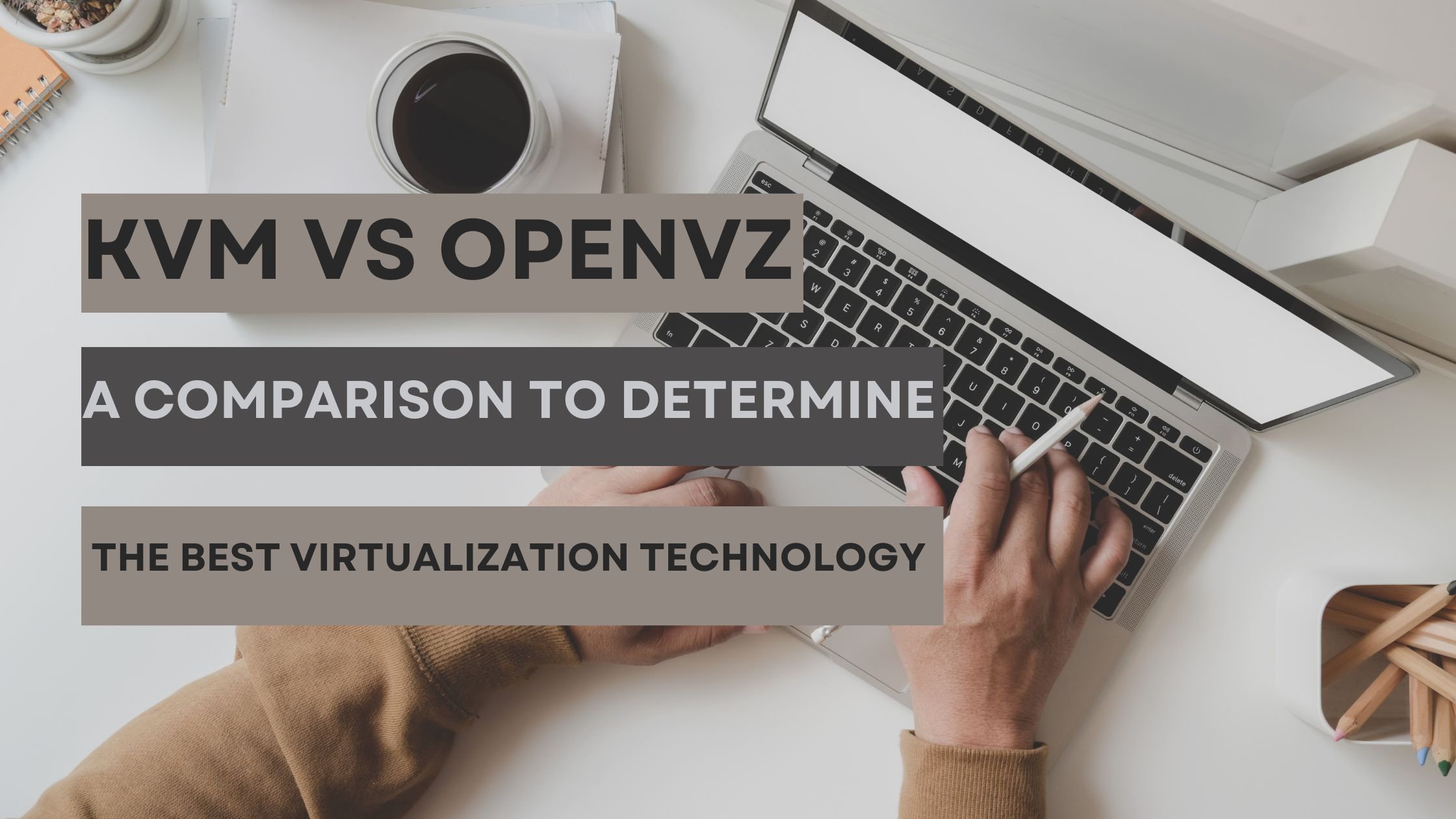KVM vs. OpenVZ VPS Hosting – Which Virtualization Tech Is Right for You?

- May 23, 2023
- 0 Comments
When choosing a VPS hosting plan, most people focus on RAM, bandwidth, or price — but one of the most critical elements lies under the hood: the virtualization technology powering your server. At LunarVPS, we offer both KVM and OpenVZ VPS options — because no single approach fits all users.
If you’re serious about performance, control, or running high-risk or resource-hungry projects, it’s essential to understand how KVM vs. OpenVZ works — and which one suits your goals best.
What Is VPS Virtualization?
Virtualization is the technology that splits a physical server into multiple virtual servers — giving each user isolated access to compute resources. The two most widely used platforms in VPS hosting today are:
Both are built on Linux but serve very different use cases. Let’s break down how they compare.
KVM VPS Hosting: Full Virtualization & Total Control
KVM (Kernel-based Virtual Machine) is a full virtualization solution where each VPS runs its own independent kernel, like a separate physical machine.
Key Advantages of KVM:
- True isolation – your resources aren’t shared with others
- Custom OS support – install Linux, Windows, BSD, or custom kernels
- Root-level control – perfect for advanced configurations
- High performance under load – best for real-time apps, game servers, crypto, and proxies
- Better security – isolated memory and kernel access
With LunarVPS, our KVM plans are SSD-powered, use RAID-10 storage, and offer 1Gbps+ unmetered bandwidth, making them ideal for clients who need raw power with privacy — especially those deploying offshore or adult content.
OpenVZ VPS Hosting: Lightweight & Budget-Friendly
OpenVZ uses container-based virtualization where multiple users share the same kernel. It’s more like a partitioned shared server, but with better resource control.
Key Advantages of OpenVZ:
- Lower cost – perfect for startups, learners, and basic sites
- Faster deployment – launch in seconds with preloaded OS templates
- Efficient resource usage – no kernel overhead
- Simpler upgrades – scale CPU or RAM as needed
However, since OpenVZ containers share a host kernel, you can’t install custom operating systems or perform kernel-level tasks. It’s best for lightweight web hosting, blogs, development environments, or email servers that don’t require deep system access.
KVM vs. OpenVZ – Side-by-Side Comparison
| Feature | KVM | OpenVZ |
| Virtualization Type | Full (Hardware-level) | Container (OS-level) |
| Custom OS Support | ✅ Yes | ❌ No |
| Root Access | ✅ Full | ✅ Limited |
| Kernel Control | ✅ Yes | ❌ Shared Host Kernel |
| Performance | 🔥 High | ⚡ Medium |
| Resource Isolation | ✅ Strong | ⚠️ Shared under stress |
| Best For | Advanced users, apps, crypto, proxies | Basic sites, blogs, dev tests |
| Price | Check Here | Check Here |
Which Should You Choose?
If you’re hosting:
- Crypto apps, VPNs, or Tor nodes
- Adult content, high-traffic affiliate landing pages
- Gaming, scraping, or file hosting
Go with a KVM VPS — it gives you isolation, root control, and long-term performance.
If you’re testing a small site, launching a WordPress blog, or just need a cheap offshore server for light usage — OpenVZ VPS is a great starting point.
LunarVPS offers both options across our Netherlands and Switzerland data centers, with the ability to upgrade anytime as your project grows.
Final Thoughts – Choose the Tech That Matches Your Ambition
Your hosting infrastructure isn’t just a technical detail — it defines what you can build, how fast it runs, and how safe your data stays.
Explore VPS Hosting Plans on LunarVPS
Pick the virtualization tech that suits your mission — KVM for control, OpenVZ for simplicity, and both backed by offshore privacy, anonymous payments, and 24/7 support.




